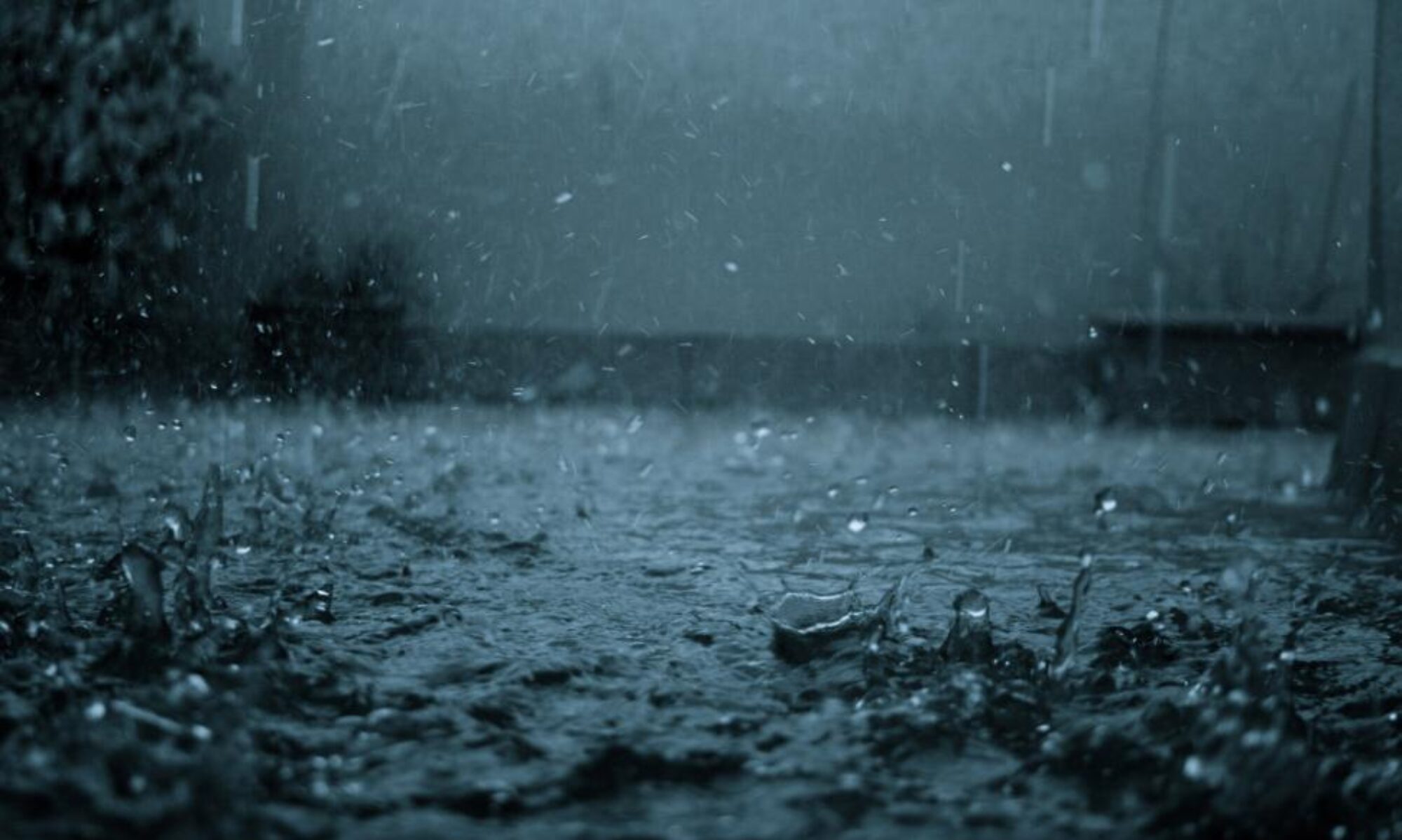We will be presenting a more in-depth instruction on hurricane preparedness very soon, but at this time, due to the possibility of Hurricane IKE being a Gulf Storm by Tuesday, September 09, we would just like to list several things to do that are at the top of the preparedness list.
Most important is awareness. This includes monitoring your local media and the National Weather Service and their Alert Radio Stations for information about Tropical Systems that can potentially affect your area of residence. Being prepared to evacuate when the orders are given by local Emergency Government Officials is critical to your safe travel out of the area.
Things to do: Motor vehicles should be in proper mechanical shape with a full fuel tank and good quality tires when there is even a hint of trouble heading your way. Place the following items in heavy duty weathertight storage bags with waterproof labels on each – Enough cash to last 10 days away from your residence. Cell phones, chargers and extra batteries. Prescription medication that your family members need and a well stocked first aid kit. Your important documents and papers that can not be replaced. All keys for your vehicles, home, office, safe deposit box and your properties. Family photos that can not be replaced. Bottled drinking water in your vehicle – 1 gallon per person per day while on the road out of the evacuation area. Three ‘energy bars’ per day for each person in your vehicle. Toilet tissue. Three changes of clothing for each person as well as extra shoes. Raincoats for each person with you. A flashlight for each person with you. Portable battery powered broadcast radio and a portable National Weather Service Radio with extra batteries for both.
Most shelters now accept pets or can make arrangement for pet care. According to FEMA guidlines, take your pets with you and enough food and water for their trip plus 5 to 7 days confinement. Before you leave your residence, board up the windows and doors as suggected by your local Emergency Government. Empty your refrigerator and freezer of perishable food items. Turn off your natural or LP gas. Turn off your electrical panel main breaker. Turn off your water at the meter or ground connection to your home.
When you hear the evacuation orders, leave immediately and follow the marked Evacuation Routes as mentioned in the orders. Do NOT make your own shortcuts because if you have an accident, law enforcement and rescue may not be able to get to you OFF of the established routes.
We wish for everyone to remain safe in the face of these terrible storms. The lessons learned during Hurricane Katrina should be a wakeup call for everyone who lives in a hurricane prone area. Prepare ahead of time, have a family plan and when the evacuation orders are given – LEAVE !
More information to follow soon. Thank you.
